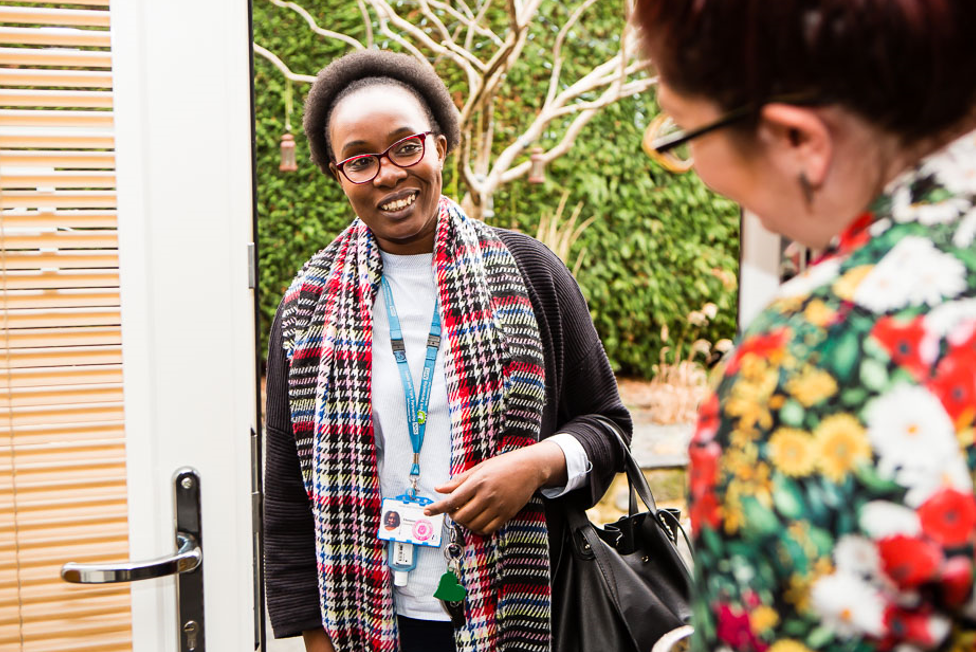At EQUIP, our aim is to help people make sense of their experiences, manage symptoms, and get back to doing the things that matter most to them. Whether it’s returning to work or study, reconnecting with friends and family, or simply feeling more in control again — we’re here to support that journey.
We provide both practical and emotional support, and we involve families and carers where it’s helpful and wanted. Our approach is based on listening, understanding, and working together to support each person's goals.
Support from EQUIP can last for up to three years, with more intensive help in the beginning. Over time, as people start to feel better and regain confidence, support gradually steps down to encourage independence and lasting recovery.
We work with adults aged 18 to 65 living in Hackney and the City of London, who are experiencing psychosis for the first time, or who are still early in their recovery. Whether your experiences are recent or have been going on for a while, we believe in offering support as early as possible — helping you understand what’s happening and begin to move forward with your life.
Our team includes a range of skilled professionals — care coordinators, psychiatrists, psychologists, occupational therapists, nurses, and peer support workers — all focused on helping you make a good recovery. Together, we look at every area of life that might be affected — from mental health to relationships, physical health, housing, and work.
If there’s something we can’t provide directly — such as help with housing or benefits — we’ll support you to find the right services and advocate on your behalf when needed.
Most people who use EQUIP will be assigned a care coordinator, a key member of the team who will be your main point of contact. You’ll also be offered time with a psychiatrist and access to psychology sessions tailored to your needs.
Heads Up is designed for young people aged 18 to 35 who may be at risk of developing psychosis. Sometimes, changes in thoughts, feelings, or how you see the world can feel unsettling or confusing. These early signs aren’t as uncommon as people think, and there are many reasons why they can happen.
Heads Up offers up to two years of support, including specialist assessments, expert guidance, and practical help. It’s a place to talk things through, understand what you’re experiencing, and get support early — before things get harder to manage.
